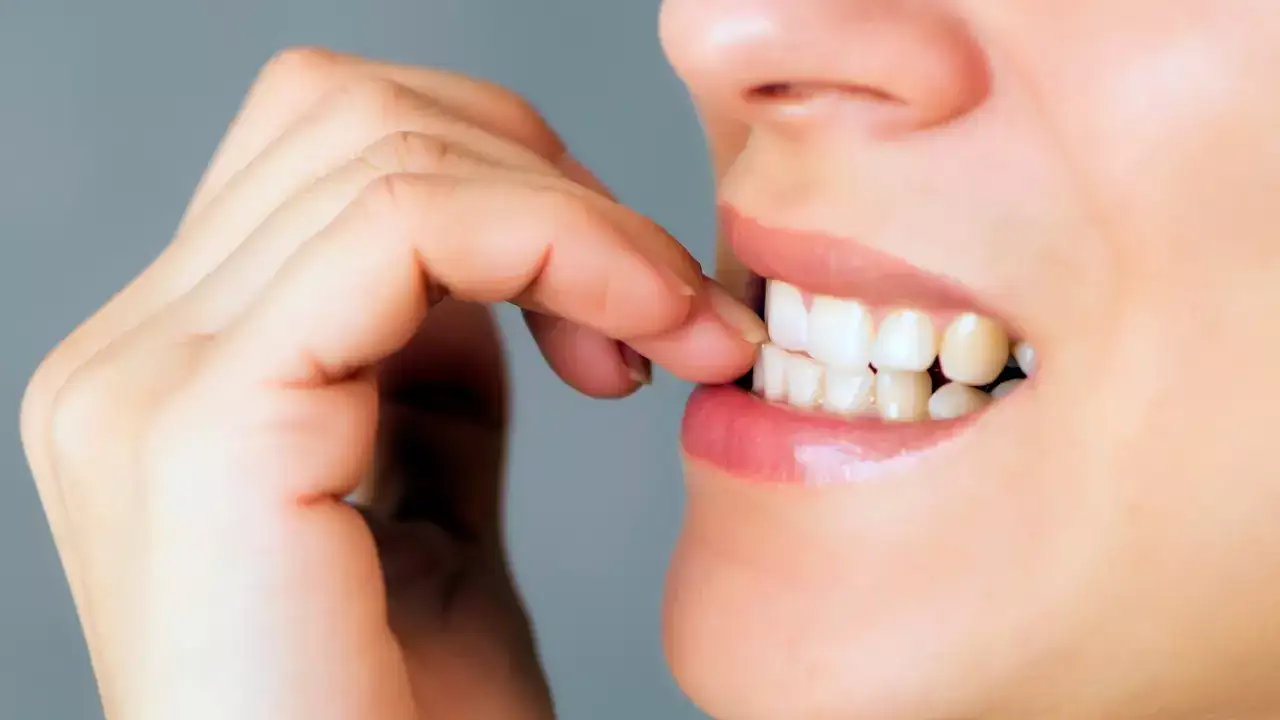You matched with this amazing person on a dating app. He is a 10, but as you head to the cafe to meet him, he is biting his nails. The chances are you might flee the scene, and unmatch instantly. Nail biting is not certainly one of the most desirable behavioural traits. We have often associated nail biting with nervousness. But science says there is more to it than what meets the eye. Nail biting could be a sign of perfectionism

This might come as a surprise, but science suggests that nail biting could be a sign of perfectionism. According to a 2015 study, what may seem like a sign of nervousness, may be what perfectionists do when they’re bored! The lead researcher noted that nail biting may be a sign of a perfectionist, “They are therefore prone to frustration, impatience and dissatisfaction when they do not reach their goals. They also experience greater levels of boredom.”“People who over-plan, get frustrated easily, or feel unsettled when things are out of place, may be more likely to develop habits like nail biting. It falls under a group called body-focused repetitive behaviors, which also includes skin picking and hair pulling. These habits can help manage internal tension, not just during anxiety, but also in moments of boredom or restlessness,” Dr. Kunal Sood, MD, a double board-certified doctor practising in Maryland, said, referring to the study.Nail biting and thumb-sucking may have some health benefits

Behaviour such as nail biting and thumb-sucking, which are usually considered to hurt health, however, may offer some health benefits, according to a 2016 study led by researchers of New Zealand’s Dunedin School of Medicine. They found that children who have a habit of nail biting or thumb sucking are less likely to develop allergies. Those who have both these habits are less likely to have an allergic reaction to house dust mites, grass, cats, dogs, horses, or airborne fungi.

“Our findings are consistent with the hygiene theory that early exposure to dirt or germs reduces the risk of developing allergies. While we don’t recommend that these habits should be encouraged, there does appear to be a positive side to these habits,” Sears, co-researcher for the Firestone Institute for Respiratory Health at McMaster and St. Joseph’s Healthcare Hamilton, said. They found that such childhood habits increase the microbial exposure, which affects the immune system and reduces the development of allergic reactions, also known as atopic sensitization.
In the study, the researchers found that, at age 13, 45% of all children showed atopic sensitization, but among those with one oral habit, only 40% had allergies. Among those with both habits, only 31% had allergies. This protect effect against allergies were evident in their adulthood, and was not affected by household smoking, pets, or dust mite exposure.
 Unews World
Unews World
